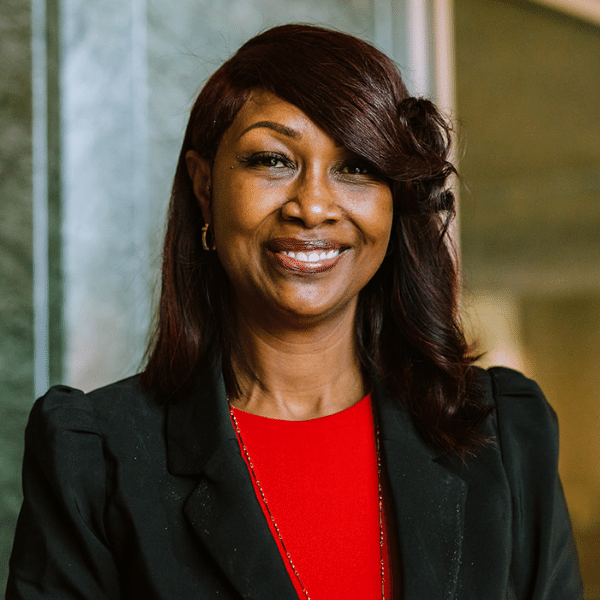Everybody is Somebody — Violence is a Public Health Issue
October 17, 2023
This faculty voice was submitted by Kenyetta Dotson, DMIN, MSW, director of Community-based Implementation and Engagement in the MSU-Hurley Children’s Hospital Pediatric Public Health Initiative/Flint Registry.

Violence extends beyond the inner circle of relationships and affects all persons inside and outside of the family system, mentally, physically, and emotionally. The CDC puts it this way, “Living in a community experiencing violence increases the risk of chronic diseases, such as depression, high stress, anger, PTSD, and anxiety (cdc.gov).” However, when we live in safe communities where neighbors help each other, people are treated with kindness, dignity, and love. They are creating a sense of community where we all WIN.
Did you know that in 2020, over half of United States homicides occurred among people aged 15 – 34, and violence is the leading cause of death and nonfatal injuries among adolescents and young adults?” As a community, we are responsible for making life better, safer, and healthier for all. This means providing more access, support, and awareness of systems that perpetuate the culture of violence. In the City of Flint alone, there were forty-four homicides in 2020, fifty-five in 2021, and thirty-six in 2022 (Intelligence Operations Center, 2020-2022). This data says that over the past three years, there have been three or more homicides a month within the City of Flint.
Studies show that unmet needs, lack of support, systems of oppression, racial inequality, and injustice often drive violence. “Social determinants of health, which are the non-medical factors that influence health outcomes, help us better understand how exposure to violence in homes and communities shapes one’s life. Social determinants are the conditions in which people are born, grow, work, live, and are the wider set of forces and systems shaping the conditions of daily life, (cdc.gov).”
The likelihood of violence in one’s life is strongly measured by social and community factors like access or lack thereof to healthcare, employment, housing, food, parks, sidewalks, green space, and educational opportunities. The CDC mentions “high density of alcohol outlets, systemic inequities, and structural racism. These contextual factors can put people at risk for violence or protect them from experiencing or perpetrating violence.”
My training in social work, research, and first-hand experience with violence informs my purpose for serving under-resourced communities, strengthening family systems, and developing healthy, safe homes and communities where individuals and families have the potential to thrive. It has been proven that when one person’s life is taken and impacted by acts and systems of violence, this loss is felt not only by family but amongst friends and the entire community.
Understanding the impact of poverty, living in under-resourced communities, and the benefit of being raised and supported by a strong village of community has shaped my upbringing. Because of the Flint community, I became a Military veteran, community advocate, and woman of faith who encourages positive systemic change throughout the City of Flint, Genesee County, and beyond.
Influencing change from a systemic standpoint by engaging the community in social action, collaboration, resource development, and a sense of “somebodyness” motivates the work. As a longtime Flint resident, I remain heavily involved in the issues of fairness, equality, social justice, violence prevention, and longevity for today’s youth and families. Instilling hope and bringing about transformative change is how I can help break generational cycles of violence.
If you or someone you know needs help, please call, text, or chat with the National Domestic Violence Hotline.
Call: 800-799-SAFE (7233)
Text: START to 88788
Chat: Thehotline.org
Sources:

